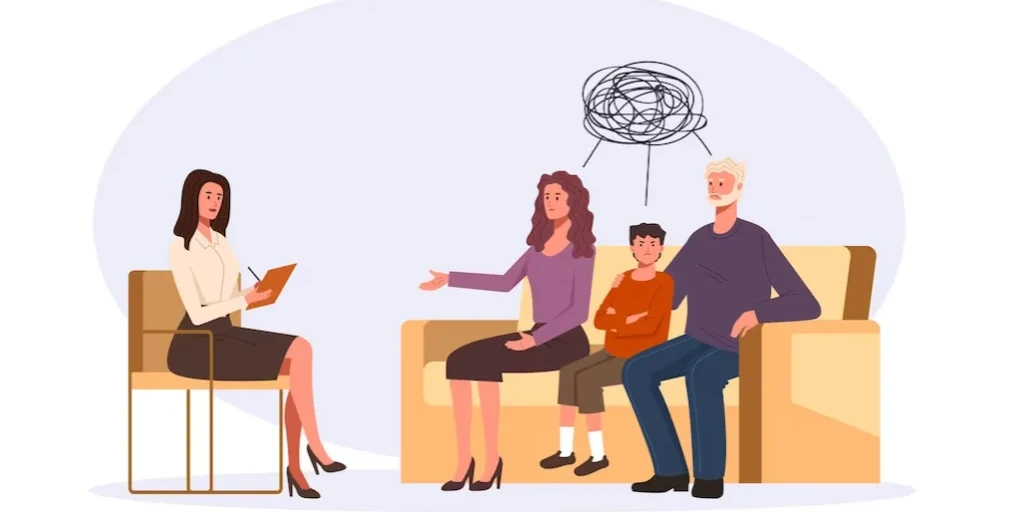24/7 Helpline:
(866) 899-221924/7 Helpline:
(866) 899-2219
Learn more about Klonopin Rehab centers in Castle Dale
Klonopin Rehab in Other Cities

Other Insurance Options

Multiplan

Premera

American Behavioral

Choice Care Network

Aetna

Magellan Health

UnitedHealth Group

GEHA

BlueCross

Highmark

United Health Care

Access to Recovery (ATR) Voucher

Carleon

Evernorth

Private insurance

Optum

MVP Healthcare

Amerigroup

Self-pay options

Coventry Health Care



Four Corners Behavioral Health
Four Corners Behavioral Health is a private rehab located in Castle Dale, Utah. Four Corners Behavio...




































































Four Corners Behavioral Health
Four Corners Behavioral Health is a public rehab located in Green River, Utah. Four Corners Behavior...

Southwest Counseling Service
Southwest Counseling Service is a comprehensive community mental health center that has been providi...











